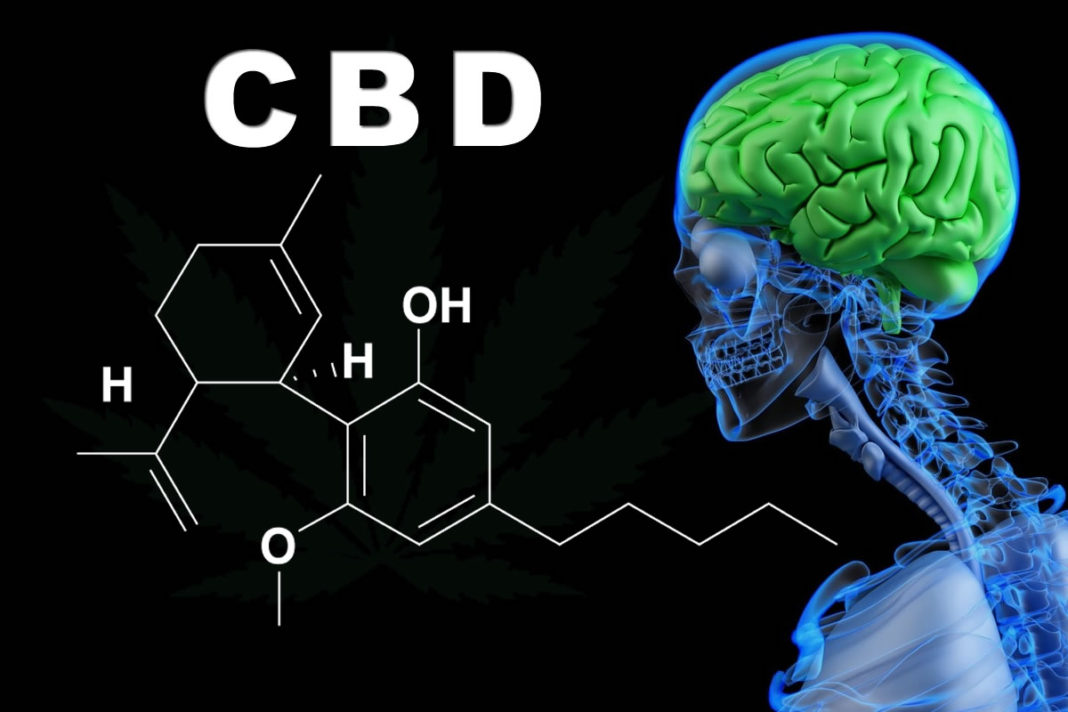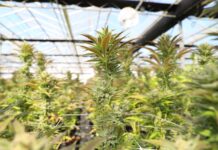“The sky’s the limit at the moment,” said John Kran, national legislative counsel for the Michigan Farm Bureau.
Cannabidiol, or CBD oil, is no longer considered to be marijuana in Michigan under a new legal framework created by the 2018 U.S. Farm Bill and a state law that takes effect this March.
Instead of categorizing “all things green and smelly” by default as marijuana, the federal government has defined that the cannabis sativa L. plant that has less than 0.3 percent THC by dry weight as hemp, said Michael Komorn, a lawyer and president of the Michigan Medical Marijuana Association.
Yet state officials have not yet determined how it will be regulated.
CBD oil is typically derived from hemp — though it can be derived from marijuana — and contains less than 0.3 percent THC, the active component in cannabis that makes someone high. CBD oil is rising in popularity for treatment of pain, anxiety and depression.
“CBD and other cannabinoids extracted from the plant are not criminalized anymore but would be subject to FDA regulations,” Komorn said.
“There’s a lot more questions than answers right now.”
In May 2018 officials at the Department of Licensing and Regulatory Affairs announced that they regarded CBD oil as marijuana — which sparked backlash from users, who didn’t like the idea of getting a medical marijuana card just to buy a product that contained relatively no THC.
Hemp is related to marijuana, but is genetically different and contains 0.3 percent THC or less. From plastics to toilet paper, industrial hemp can be used to manufacture a variety of products — and it also has therapeutic benefits.
CBD — cannabidiol — is a component in marijuana and hemp that does not produce the psychoactive effects of THC but can relieve stress, anxiety and pain. It’s one of the reasons interest is high in Michigan in hemp farming.
The sounds of flipping and flopping can be heard in the halls























